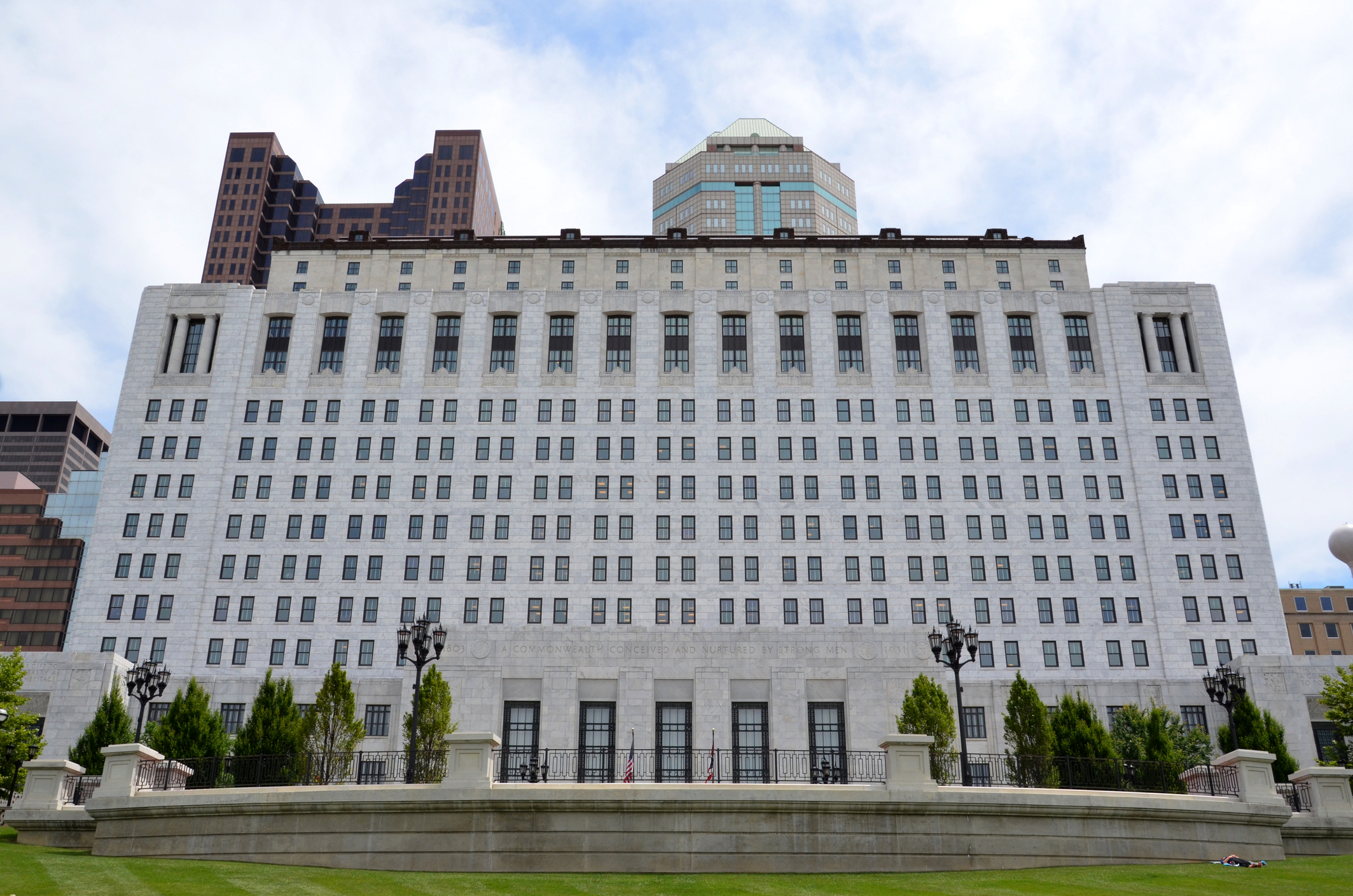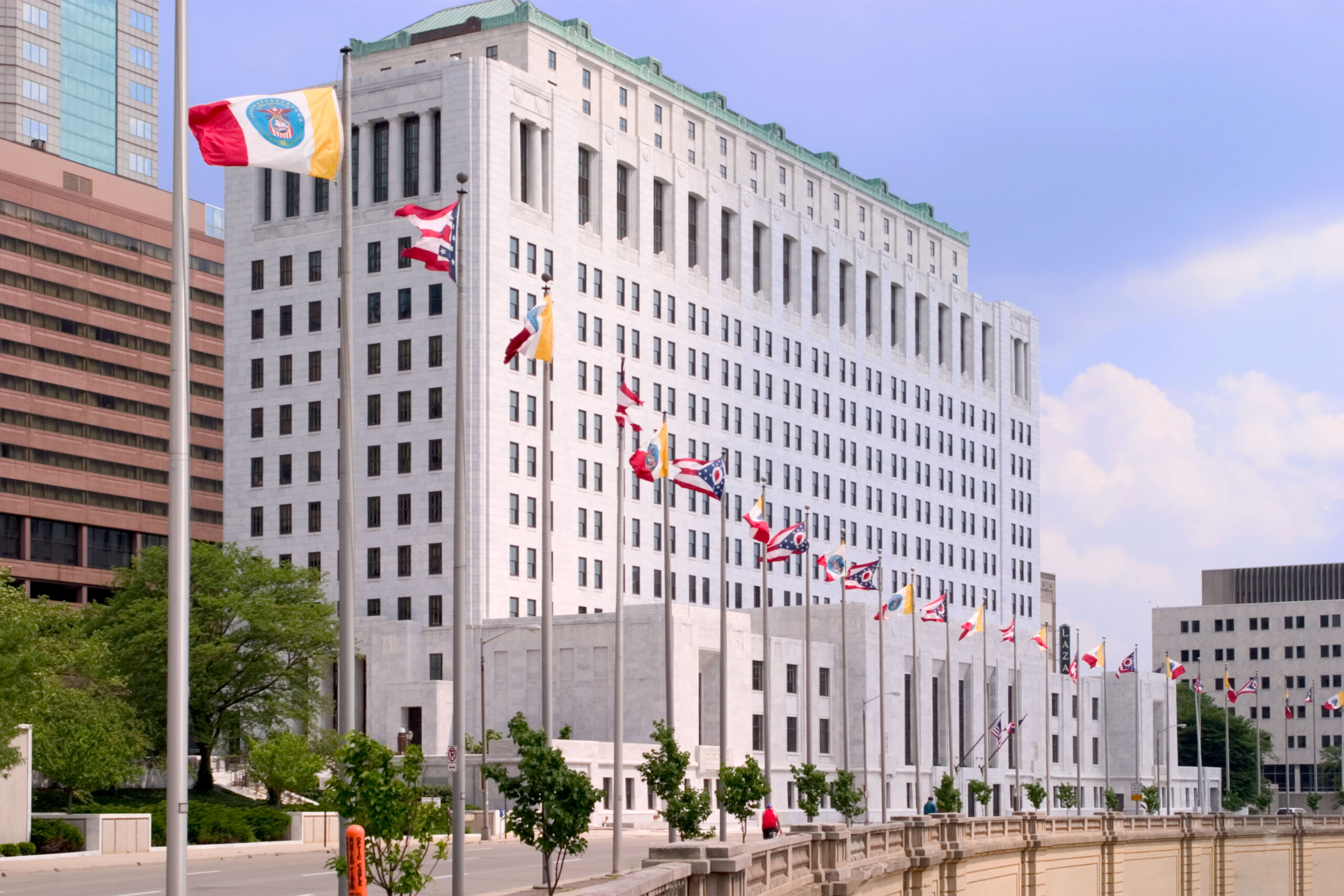In legal practice, few things trigger more anxiety than the collision of a long-awaited family vacation and a newly issued oral argument notice from the Ohio Supreme Court. As we have documented on this blog previously, the court is notoriously reluctant to reschedule arguments. Under S. Ct. Prac. R. 17.01(D), an assignment before the High Court takes precedence over nearly everything else.
Continue Reading Oral argument continuances 2026: A rare success in Straub Nissan for vacations!








